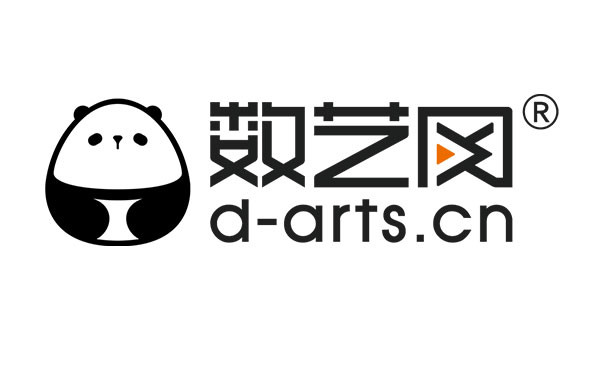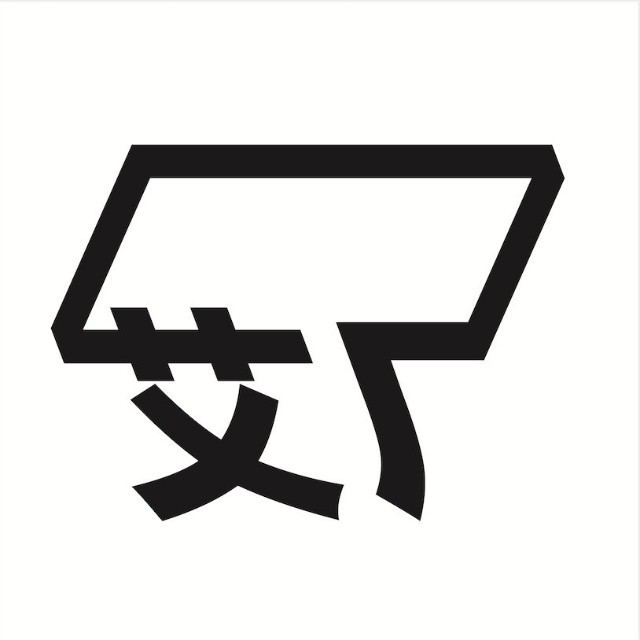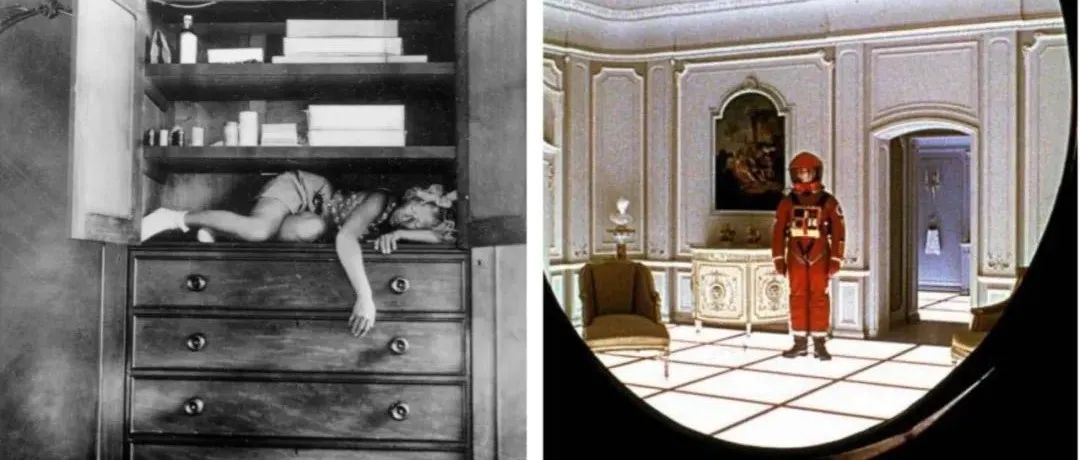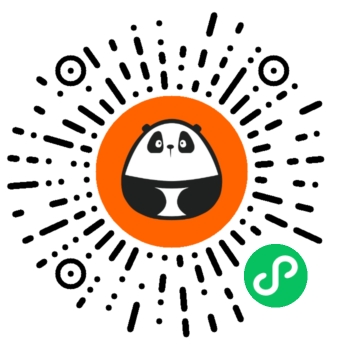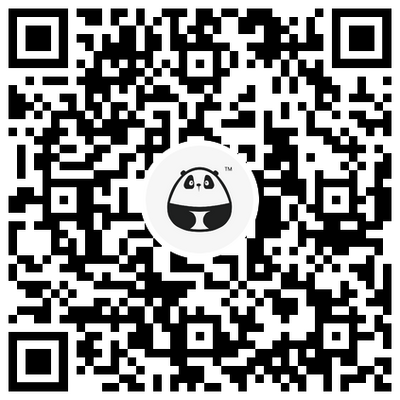- 0
- 0
- 0
分享
- Online Panel丨Artificial Life, AI, Art and Altered Nature
-
原创 2022-08-06
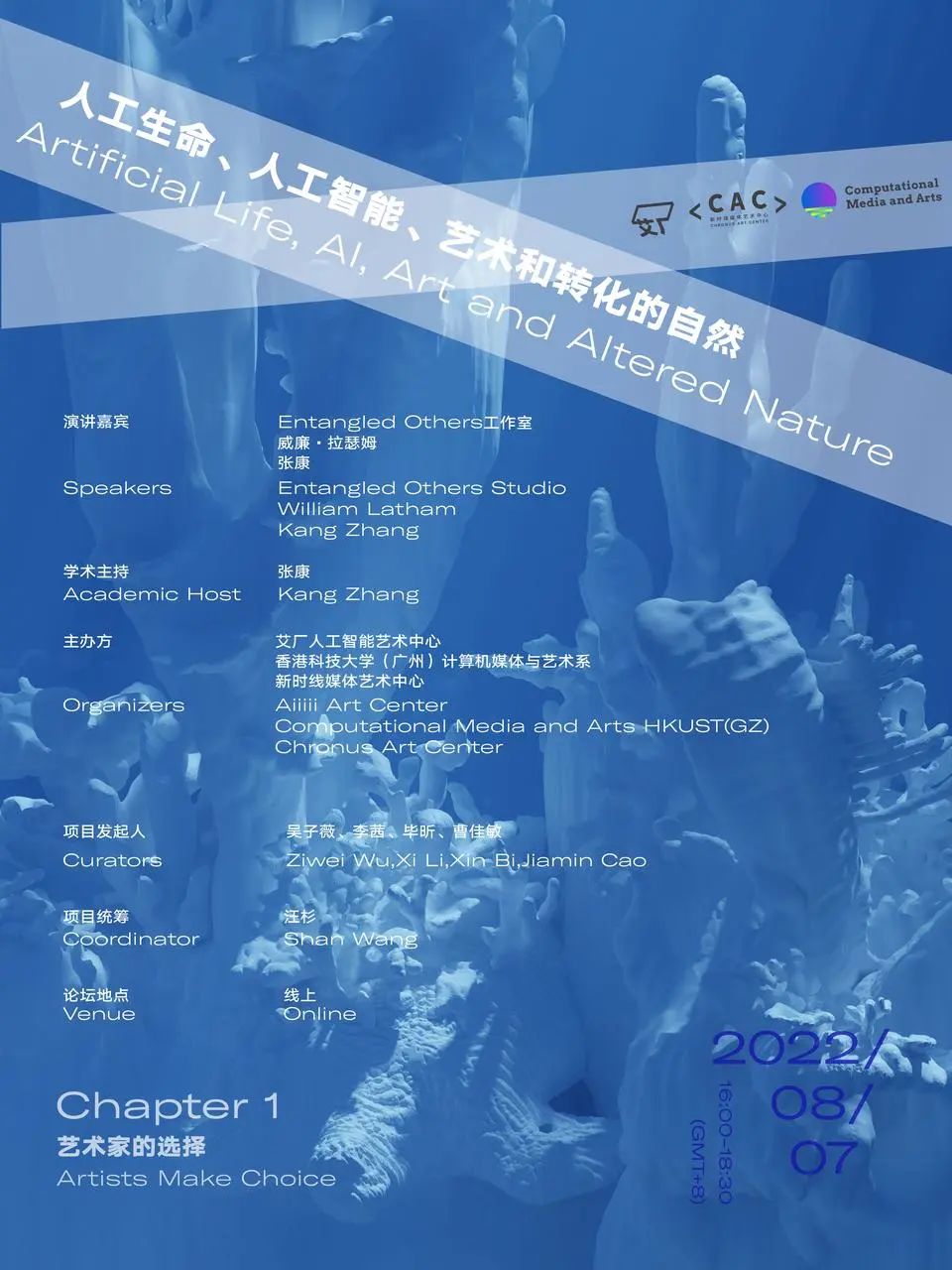
The term "Artificial Life" was coined by computer scientist Christopher Langton in 1987. However, the notion and practices of "artificial life" are far predated. This topic has long been an interest of scientists and artists, who have been exploring the fundamental principles of life and attempting to rethink life in the context of an artificial system.
In recent times, Artificial Intelligence algorithms have been widely implemented in various interdisciplinary fields including Computational Biology and Synthetic Biology. Through synthesising or simulating hardware, software, and wetware, technology restructures and represents the characteristics of the natural living system. Meanwhile, in the increasingly participatory interactions between humans and non-human entities, the technological assemblage also behaves like a living organism, performing in the collaboration and cohabitation with environment.
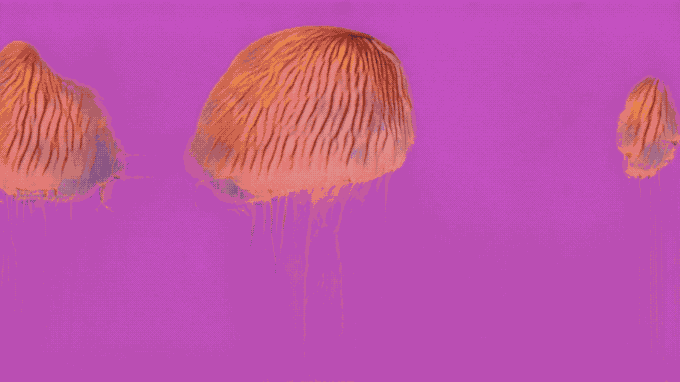
Entangled Others
Beneath the Neural Waves,2020-2021
©️ Entangled Others
How can life be reimagined in the process of the transition? What is the aesthetics in Artificial Intelligence and the realm of life? How can artificial beings perform in symbiosis with the community and even influence society and culture? How do we perceive the ethical and moral issues?
This seminar aims to bring artists, scientists, and scholars together to discuss from different perspectives how and why artists and scientists create Artificial Life. How was technology inspired by living things? How to understand the biological nature of technology? How have these fields entangled with nature and present themselves in another form of nature?

Chapter 1
Theme: Artificial Life, AI, Art and Altered Nature - Artists Make Choice
Organizers: Aiiiii Art Center, Computational Media and Arts, HKUST(GZ), Chronus Art Center
Date: 16:00-18:30(GMT+8), August 7th, 2022
Academic Host: Prof. Kang Zhang
Curators: Ziwei Wu, Xi Li, Xin Bi, Jiamin Cao
Speakers: Entangled Others Studio, William Latham, Kang Zhang
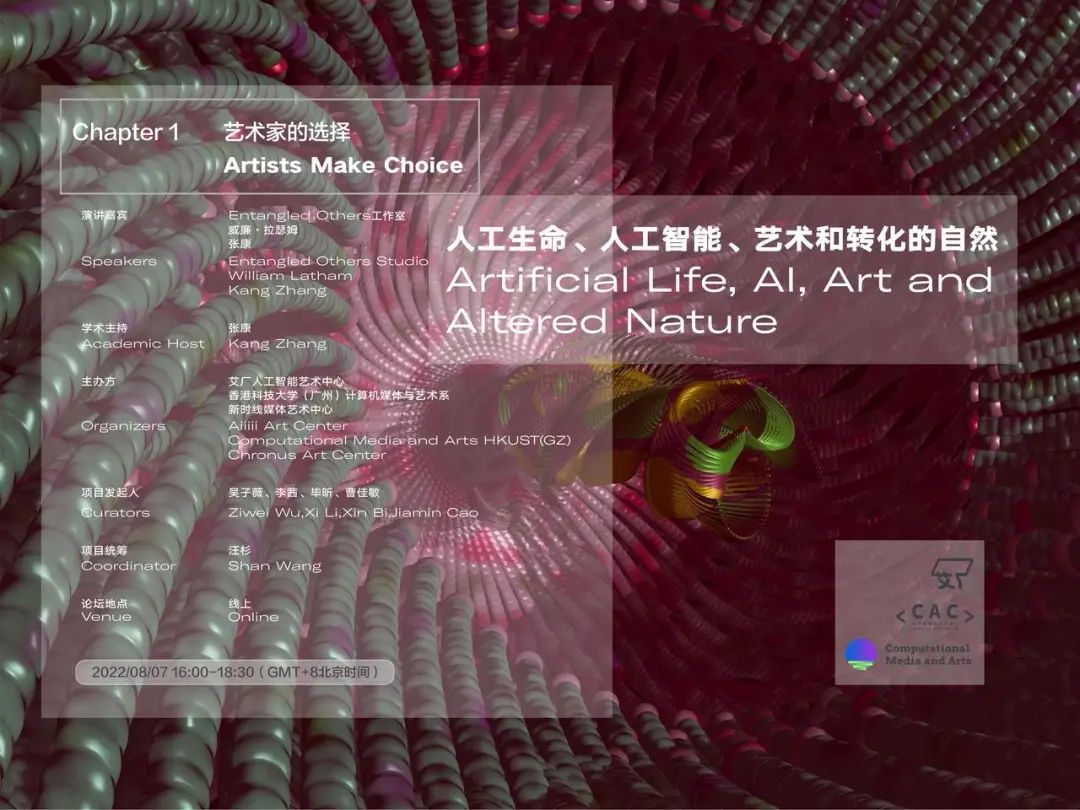

Theme
Artists need to make choices through the generative artwork process. For example, how to target the simulated nature, choose a suitable dataset, and evaluate the results of the generation.
What is the preference of different artists? What are the factors that influence the choices? What are the criteria of beauty? With these questions in mind, this symposium, entitled “Artists Make Choice”, explores the thinking and challenges involved in creating aesthetic artworks and new life.
Three keynote speakers will share their thoughts on the artistic creation of artificial life in the field of computation and software. The speakers will demonstrate and explore how artist may generate artworks and create beautiful artificial lives using the cutting-edge technology.
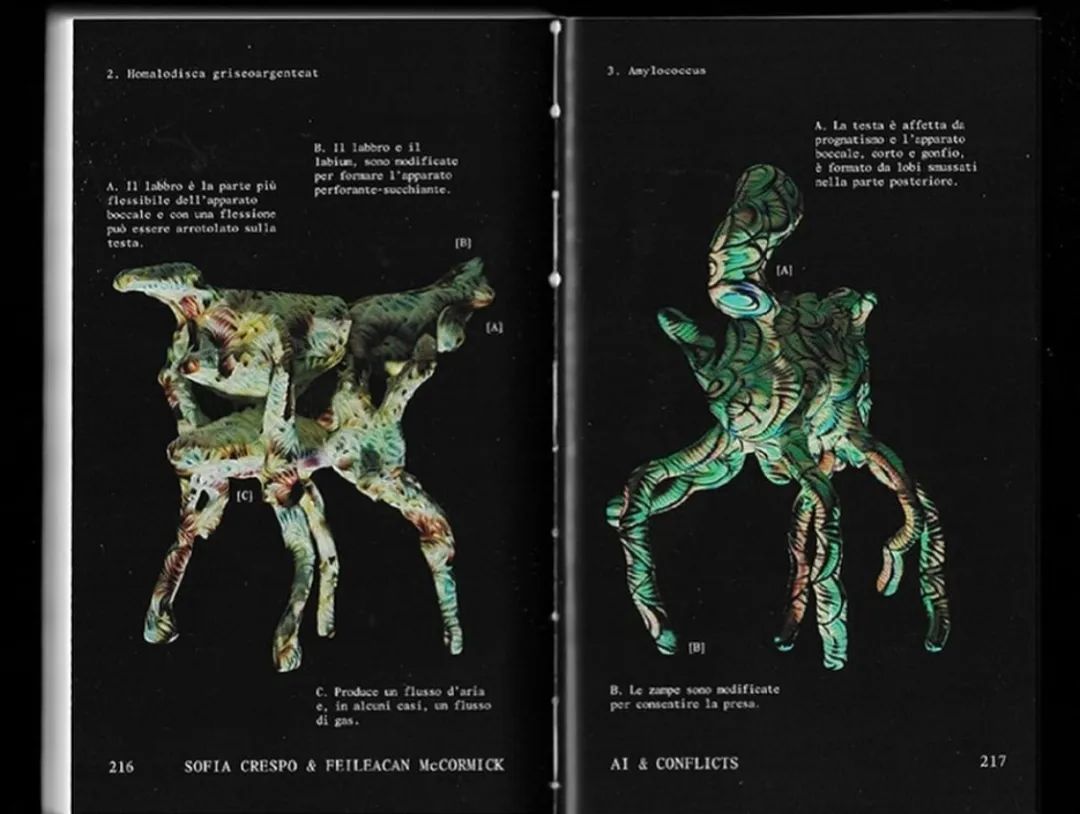
Entangled Others
Artificial Remnants, 2019-2021
©️ Entangled Others

Speakers
| William Latham |
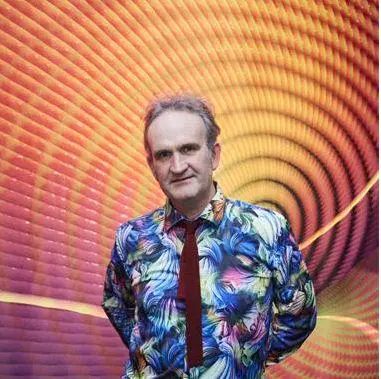
A designer of computer games, a computer artist and entrepreneur. Expertise in evolutionary art, graphics, generative art, genetics, and the entertainment and video games industries. William Latham obtained his BA in Fine Art at the Ruskin School of Art, Oxford University in 1982. The same year, he became a Henry Moore Scholar and studied Fine Art at the Royal College of Art until 1985. By then he had developed his Form Synth process, a rule based evolutionary drawing process in the form of a flow diagram, that prefigured his move to programming. In 1986, he presented an original paper on FormSynth at the BCS Computer Graphics and Displays Group and the following year started working at The IBM UK Scientific Centre in Winchester as a Research Fellow. He is also a co-Director of London Geometry Ltd which has developed serious games for mobile with UCL Institute of Cognitive Neuroscience and the NHS for stroke patients. He is an Honorary Research Fellow at The Institute of Cognitive Neuroscience UCL.
Speech title: The Evolution of Mutator: 1987 – 2022
Abstract: William Latham will initially talk about the development of his pioneering Mutator Sofware at The IBM UK Scientific Centre working with mathematician Stephen Todd in the late 80s and 90s. Mutator was designed to mutate and generate artistic variants of 3D sculptural forms which can be bred and cross bred with multiple parents. He will talk about the concept of using a custom-made evolutionary system as a “creative partner” to mutate and shape unexpected organic art forms using a process of “evolution of by aesthetics” driven by the artist. He will then cover the design of the Mutator user interface and the use of parametric and structural constraints to allow an artistic navigation of a multidimensional space of possible art forms. He wll then talk about how Mutator was translated into the VR space through his research work at Goldsmiths (University of London) since 2015. Following this he will cover the introduction of force fields and dynamics in the Mutator VR experience in preparation for showing at The Pompidou Centre in Paris in early 2020 on HTC Vive VR.
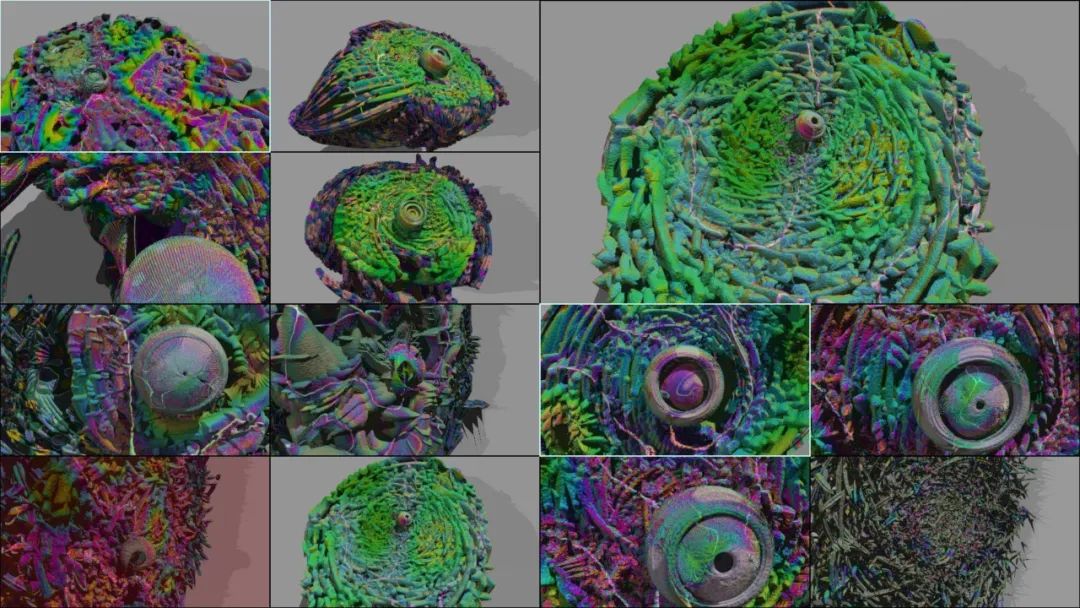
He will talk briefly about his scientific projects across the domains of protein docking, virus visualisation and protein folding with leading Scientific Experts and how insights from this science work informs the art. Finally, he will talk about his “Fantasy Virus Mutator” series created during lockdown which was directly influenced by research into the structural biology of viruses.
The work is led by artist William Latham working with Programmers and mathematicians Stephen Todd, Lance Putnam and Peter Todd.
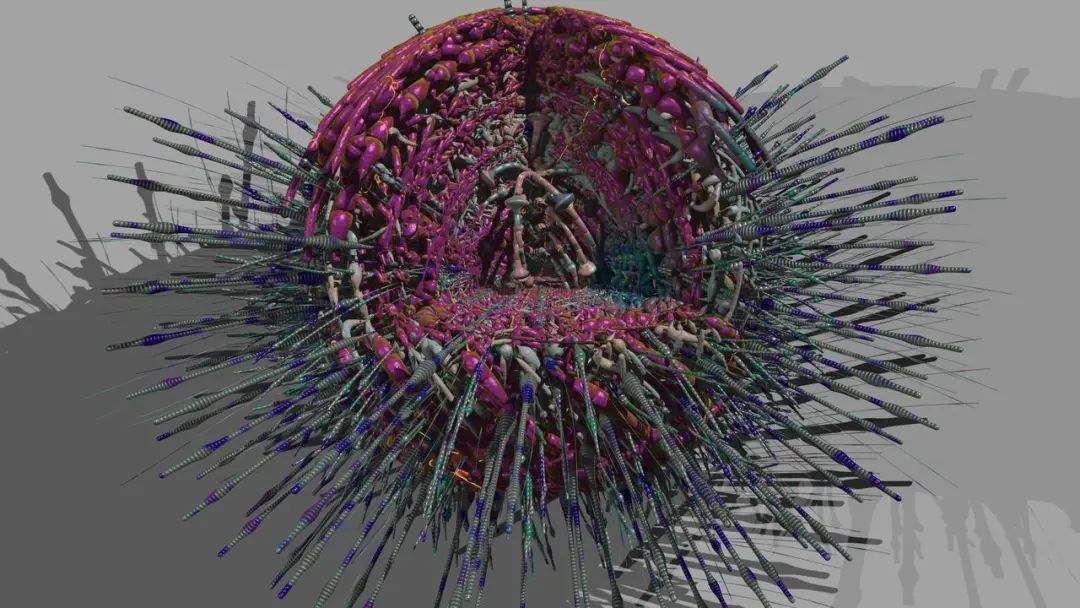
| Entangled Others Studio |
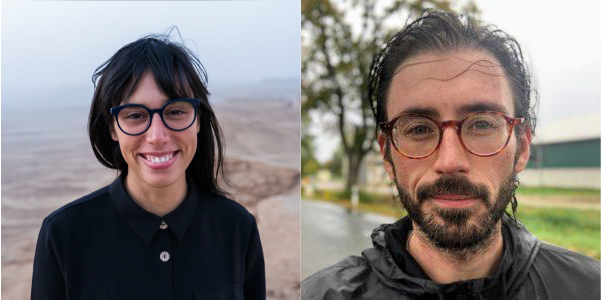
Entangled Others is the shared studio practice of artists Feileacan McCormick and Sofia Crespo. Their work focuses upon ecology, nature, and generative arts, with an emphasis on giving the more-than-human new forms a presence and life in digital space. This involves exploring questions of relationship, biodiversity, and awareness through biology-inspired technologies. In turn, they highlight how through conscious efforts, new technology can be used to bring attention and awareness to the unseen that we are tightly interwoven with.
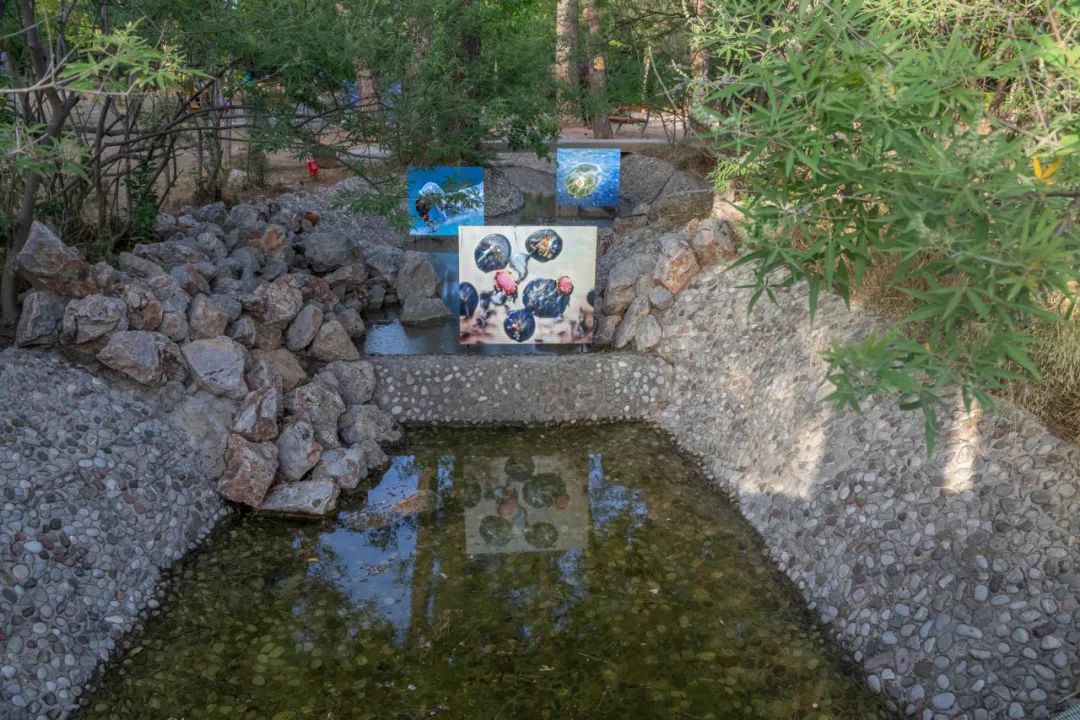
Speech title: Expressing Entanglement: Art and the More-Than-Human World
abstract: Entangled Others (Sofia Crespo & Feileacan McCormick) share about their studio practice and its ongoing attempts at creating art about the more-than-human through generative art, and how it can help augment our imagination, practice, and interactions with the natural world.
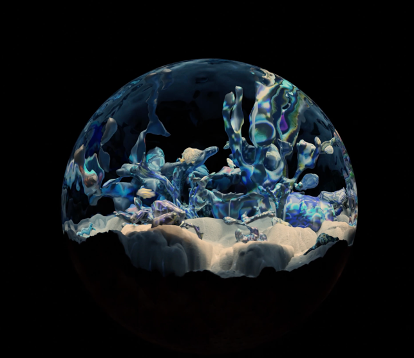
Entangled Others
Beneath the Neural Waves,2020-2021
©️ Entangled Others
| Kang Zhang |

Kang Zhang is Professor of Computational Media and Arts, Hong Kong University of Science and Technology (Guangzhou), and Professor Emeritus of Computer Science at the University of Texas at Dallas. He was a Fulbright Distinguished Chair and ACM Distinguished Speaker, and held academic positions in USA, Czech Republic, Australia, and UK. Dr. Zhang has published 8 books, over 100 journal papers, and delivered keynotes in computer science, architecture, art, design, and psychology areas, and won numerous art and design awards.
Speech title: Computational Aesthetics
Abstract: Interdisciplinary research topics of computational aesthetics and aesthetic computing, and their differences and relationships. We then focus on computational aesthetics, in particular, on the aesthetic measurement of paintings and applications.

Kang Zhang
Kandinsky Sans Poster, July 2021
©️ Kang Zhang and Stephen Zhang
Coordinator / Shan Wang
Media / Euphy
Assistant manager / Xin Zhang, Ryan, Wenqian Sun

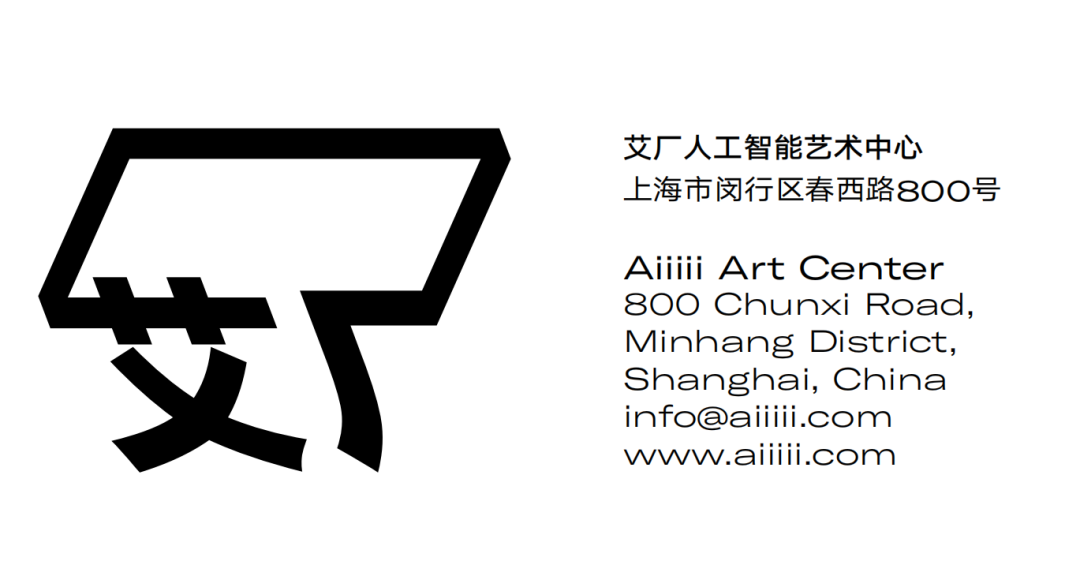

Established in 2013, Chronus Art Center (CAC) is China’s first nonprofit art organization dedicated to the presentation, research / creation and scholarship of media art. CAC with its exhibitions, residency-oriented fellowships, lectures and workshop programs and through its archiving and publishing initiatives, creates a multifaceted and vibrant platform for the discourse, production and dissemination of media art in a global context. CAC is positioned to advance artistic innovation and cultural awareness by critically engaging with media technologies that are transforming and reshaping contemporary experiences.
www.chronusartcenter.org

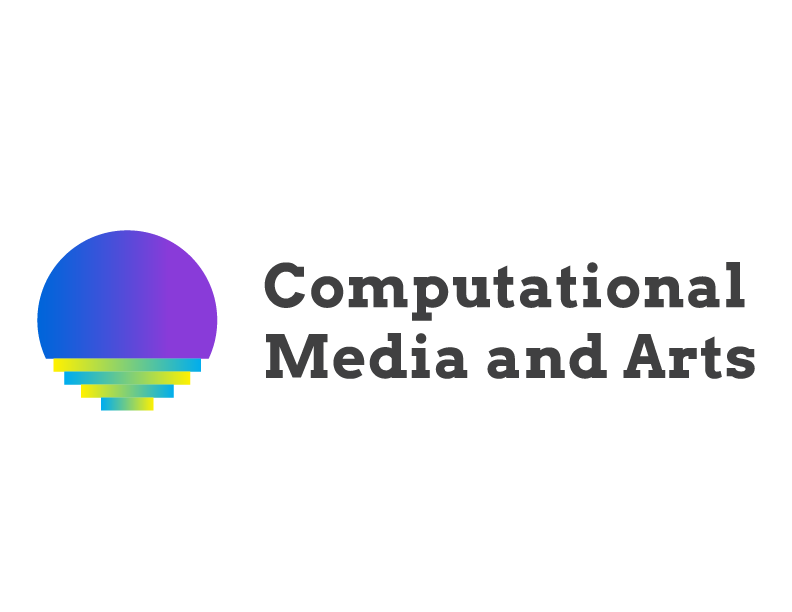
The Computational Media and Arts (CMA) Thrust of Information Hub comprises both art and technology, focusing on art creation and visual communication with advanced emerging technologies.
As an interdisciplinary program for computational and radical creativity, CMA brings together visionaries with backgrounds in art, design, science, and engineering to think critically, reach beyond convention and make innovation. Faculty and students work together across disciplines like art with augmented reality (AR) and virtual reality (VR), AI-generated art, information art and design, and data visualization. Art creation and visual communication are carried out in the exchange and collision of art and tech with social impact for the public to understand and enrich their lives, environment, and communities.
-
阅读原文
* 文章为作者独立观点,不代表数艺网立场转载须知
- 本文内容由数艺网收录采集自微信公众号艾厂人工智能艺术中心 ,并经数艺网进行了排版优化。转载此文章请在文章开头和结尾标注“作者”、“来源:数艺网” 并附上本页链接: 如您不希望被数艺网所收录,感觉到侵犯到了您的权益,请及时告知数艺网,我们表示诚挚的歉意,并及时处理或删除。
